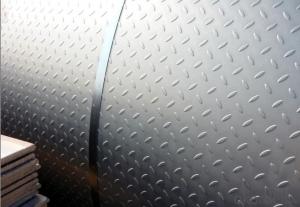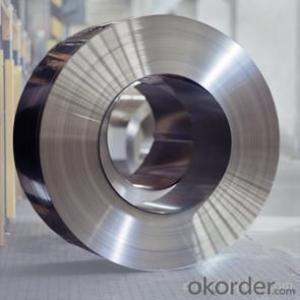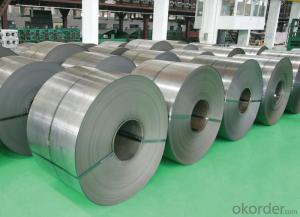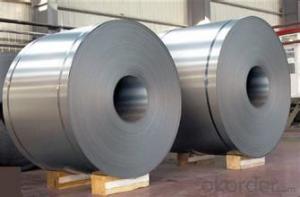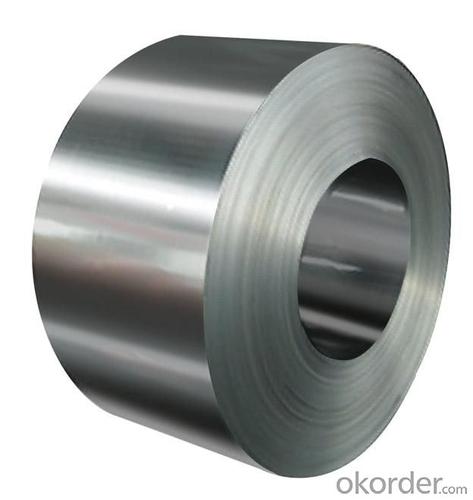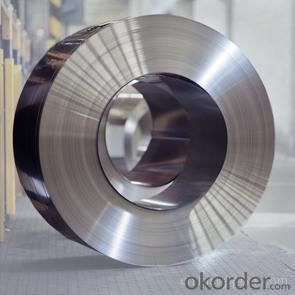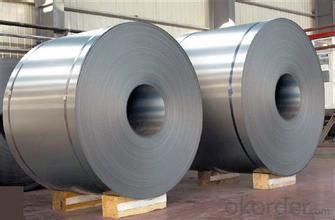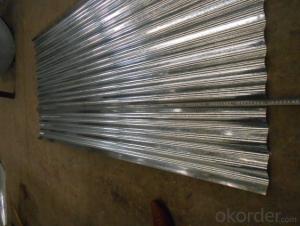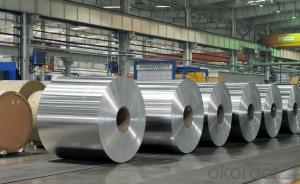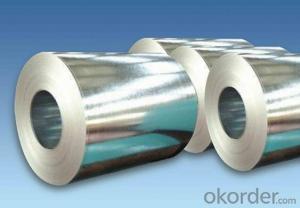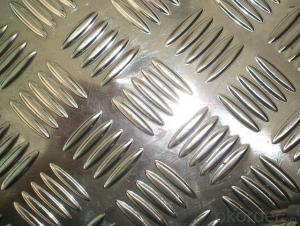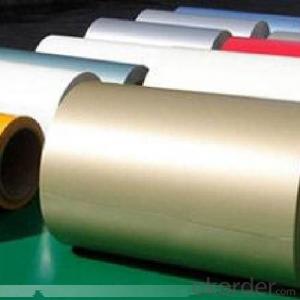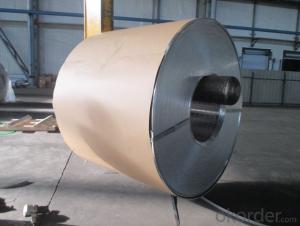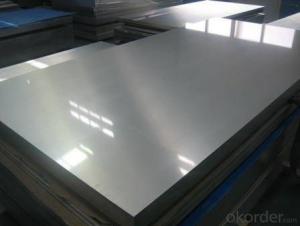Steel Rolled Coil SS400 A36 Q235 Q345 Q195 Hot Rolled Steel Coil
- Loading Port:
- Shanghai
- Payment Terms:
- TT OR LC
- Min Order Qty:
- 5000 m.t.
- Supply Capability:
- 60000 m.t./month
OKorder Service Pledge
OKorder Financial Service
You Might Also Like
Hot rolled coils/plates
Type: steel coil and steel plates
Material: SS400-Q235-Q345-SPHC
Width:1250mm 1500mm 1800mm 2000mm
HOT-ROLLED COIL/PLATES(Material: SS400-Q235A/B-SPHC) | |||
2.00*1250/1500L | 3.50*1250/1500L | 5.75*1250/1500L | 11.50*1250/1500L |
2.30*1250/1500L | 3.75*1250/1500L | 7.50*1250/1500L | 11.75*1250/1500L |
2.50*1250/1500L | 4.50*1250/1500L | 7.75*1250/1500L | 13.50*1250/1500L |
2.75*1250/1500L | 4.75*1250/1500L | 9.50*1250/1500L | |
3.00*1250/1500L | 5.50*1250/1500L | 9.75*1250/1500L | |
PATTERN-ROLLED COIL/PLATES(Material: Q235A-Q235B) | |||
3.00*1250L | 3.75*1250L | 4.75*1250L | 5.75*1250L |
3.50*1250L | 4.50*1250L | 5.50*1250L | 7.50*1250L |
MIDDEL-PLATE(Material: Q235A/B-Q345A/B) | |||
8*1800/2000L | 16*1800/2000L | 25*1800/2000L | 45*1800/2000L |
10*1800/2000L | 18*1800/2000L | 30*1800/2000L | 50*1800/2000L |
12*1800/2000L | 20*1800/2000L | 35*1800/2000L | |
14*1800/2000L | 221800/2000L | 401800/2000L | |
Name | galvanized steel coil dx52d z gi |
Grade | GB/T-12754: 2006, JIS3302, EN 10142, ASTM A653, JIS G3302, SGCC/SGCH, GB/T2518, European Standard, ASTM A792, JIS G3321, JIS G3317 |
BASE PLATE | Cold rolled steel sheet, hot dipped zinc coated steel sheet hot dipped A-Z coated steel sheet |
EQUIPMENT | Double coating double baking; |
CAPACITY | 5000Mt/week |
SIZE | Thickness 0.18mm—2mm, width 40mm—1250mm |
ZINC COATING | 40g-275g /m2 |
PAINT THICKNESS | Top:20+-5um, back:5-7um |
COIL WGT | 3Mt - 8Mt |
COIL ID | φ508mm,φ610mm |
BASE SHEET | Cold rolled steel sheet, hot dipped zinc coated steel sheet (small, regular or zero spangle), hot dipped A-Z coated steel sheet |
SURFACE PAINT | EP, PE, HDP, SMP, PVDF |
COLOR SERIES | RAL color number series |
Applications of cold rolled steel sheet coil :
1) Automotive bodies: filters, fuel tanks, etc.
2) Construction materials: roofings, welding pipes,
3) Electric and electronic appliances: computer cans, etc.
4) Steel cans: containers, etc.
5) Steel furniture: washing machines, refrigerators, microwaves, etc.
6) Drums
7) Office equipment: printer, recorders, etc.
8) Motors and transformers
Process of cold rolled steel sheet coil :
Pay off reel-double cut shear-welder-notcher-entry accumulator-pre cleaning section-furnace-hot bridle-zinc pot-air knife-after cooler-water quench-dryer- skin pass mill-dryer-tension leveler-dryer-chemical coater-chemical oven-cooler-exit accumulator-oiler-exit shear-tension reel.
Features of cold rolled steel sheet coil :
1) cold rolled steel coils prices is manufactured to have a long durability, strong corrosion resistance and shiny surface.
2) cold rolled steel coils prices features excellent forming properties, paintability, weldability, and is suitable for fabrication by forming, pressing and bending.
- Q: What is the typical weight of steel sheets?
- Steel sheets come in a variety of sizes, thicknesses, and types, so their typical weights can differ. In general, the weight of steel sheets can range from a few pounds to several tons. For instance, a regular 4x8 foot steel sheet that is 1/4 inch thick weighs approximately 110 pounds, while a larger 10x10 foot sheet that is 1 inch thick can weigh over 1,000 pounds. It should be noted that these estimates are only rough guidelines, and the weight can vary depending on specific factors like the alloy composition or any coatings applied to the sheets.
- Q: Are the steel sheets suitable for electrical applications?
- Yes, steel sheets are suitable for electrical applications. Steel is a good conductor of electricity, which makes it an ideal material for various electrical components and applications. It can be used for electrical enclosures, panels, cabinets, and other infrastructure where electrical equipment is housed. Steel sheets are also commonly used for grounding systems, electrical connectors, and electrical appliances. Additionally, steel sheets can provide durability and protection against environmental factors, such as corrosion or fire, which are important considerations in electrical applications.
- Q: What is the difference between a galvanized and aluminum steel sheet?
- The main difference between a galvanized steel sheet and an aluminum steel sheet lies in their composition and characteristics. Galvanized steel sheets are made from steel that has been coated with a layer of zinc, which helps to protect it from corrosion. This coating gives galvanized steel sheets a shiny, spangled appearance. On the other hand, aluminum steel sheets are made from aluminum alloy, which is naturally resistant to corrosion. Aluminum steel sheets are typically lighter and more malleable than galvanized steel sheets. Additionally, aluminum steel sheets have a duller, matte appearance compared to the shiny surface of galvanized steel sheets. Overall, the choice between galvanized and aluminum steel sheets depends on factors such as desired aesthetics, strength, corrosion resistance, and cost.
- Q: What is the standard thickness of steel sheets?
- The standard thickness of steel sheets can vary depending on the specific application and industry. However, common standard thicknesses range from 0.5mm to 25mm.
- Q: Can steel sheets be used for kitchen backsplashes?
- Yes, steel sheets can be used for kitchen backsplashes. Steel is a durable and easy-to-clean material, making it a suitable choice for a kitchen backsplash application.
- Q: Can steel sheets be used for marine applications?
- Yes, steel sheets can be used for marine applications. They are commonly used in the construction of ships, offshore structures, and other marine equipment due to their high strength, durability, and corrosion resistance properties.
- Q: Can steel sheets be used in agricultural applications?
- Yes, steel sheets can be used in agricultural applications. They are often used for building structures such as barns, sheds, and fences. Steel sheets provide durability, strength, and protection against weather conditions, making them suitable for various agricultural needs.
- Q: What is the process of stamping designs on steel sheets?
- The process of stamping designs on steel sheets involves creating a custom-made metal stamping die, which is used to press the desired design onto the surface of the steel sheet. The die is typically made of hardened steel and is shaped according to the specific design requirements. The steel sheet is then placed onto a press machine, where the die is mounted. As the press machine applies pressure, the die is forced into the steel sheet, leaving a permanent impression of the design. This process is commonly used in industries such as automotive, aerospace, and manufacturing for various applications including branding, identification, and decorative purposes.
- Q: Can steel sheets be used for electrical switchgear?
- Yes, steel sheets can be used for electrical switchgear. Steel is a common material choice for switchgear enclosures due to its durability, strength, and ability to provide protection from environmental factors such as moisture, dust, and temperature fluctuations. Steel sheets are commonly used in the construction of switchgear cabinets and enclosures to provide a robust and secure housing for electrical components. The steel sheets used for switchgear are typically coated or painted to provide additional protection against corrosion. Additionally, steel is a good conductor of heat, which helps dissipate any heat generated by the electrical components within the switchgear. Overall, steel sheets are a suitable material for electrical switchgear enclosures due to their mechanical properties, protective capabilities, and thermal conductivity.
- Q: Are steel sheets suitable for interior design applications?
- Yes, steel sheets are suitable for interior design applications. They offer a sleek and modern aesthetic, are durable and long-lasting, and can be customized to fit various design styles. Steel sheets can be used for wall cladding, ceilings, decorative panels, furniture, and other interior elements, adding a contemporary and industrial touch to any space.
Send your message to us
Steel Rolled Coil SS400 A36 Q235 Q345 Q195 Hot Rolled Steel Coil
- Loading Port:
- Shanghai
- Payment Terms:
- TT OR LC
- Min Order Qty:
- 5000 m.t.
- Supply Capability:
- 60000 m.t./month
OKorder Service Pledge
OKorder Financial Service
Similar products
Hot products
Hot Searches
Related keywords

